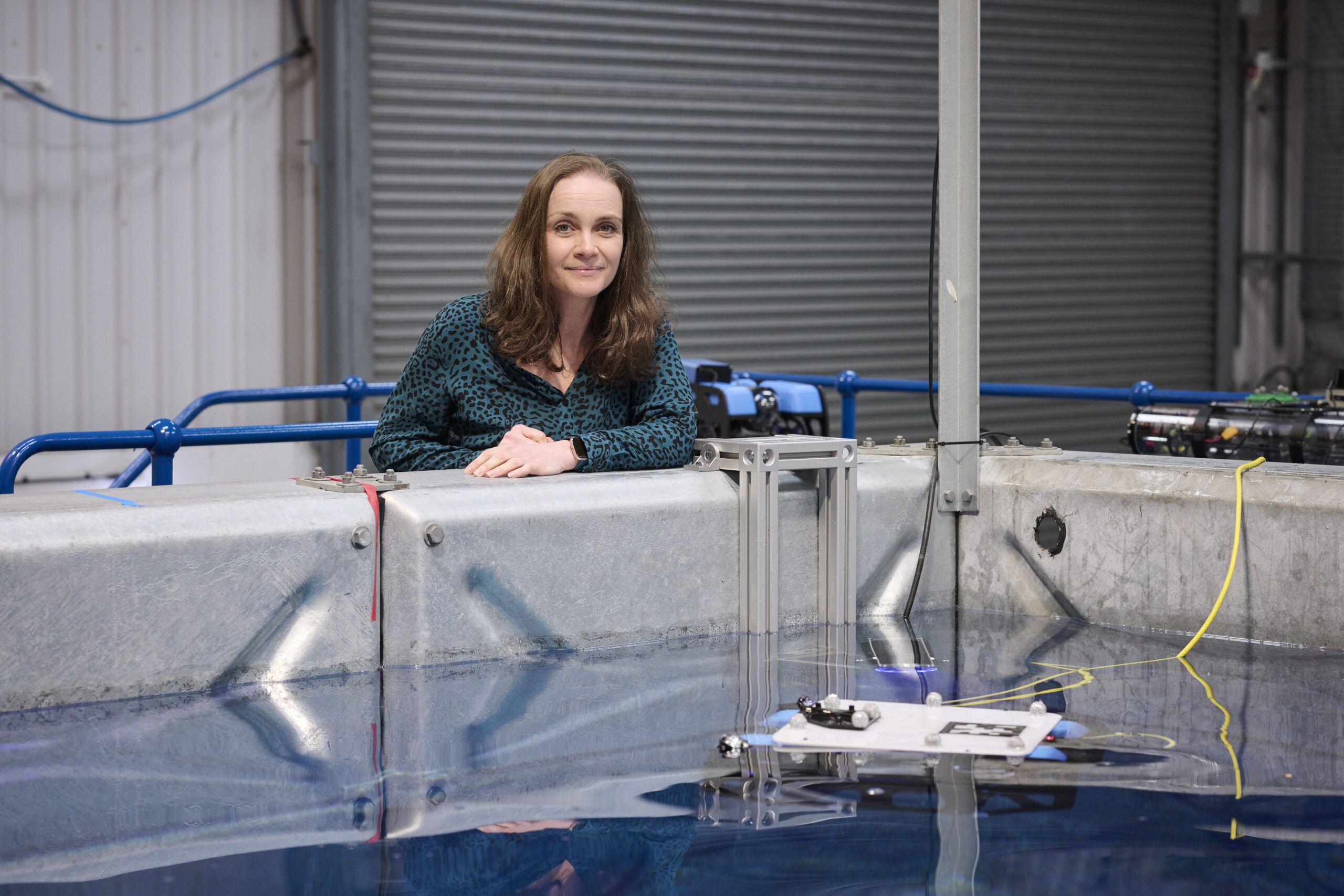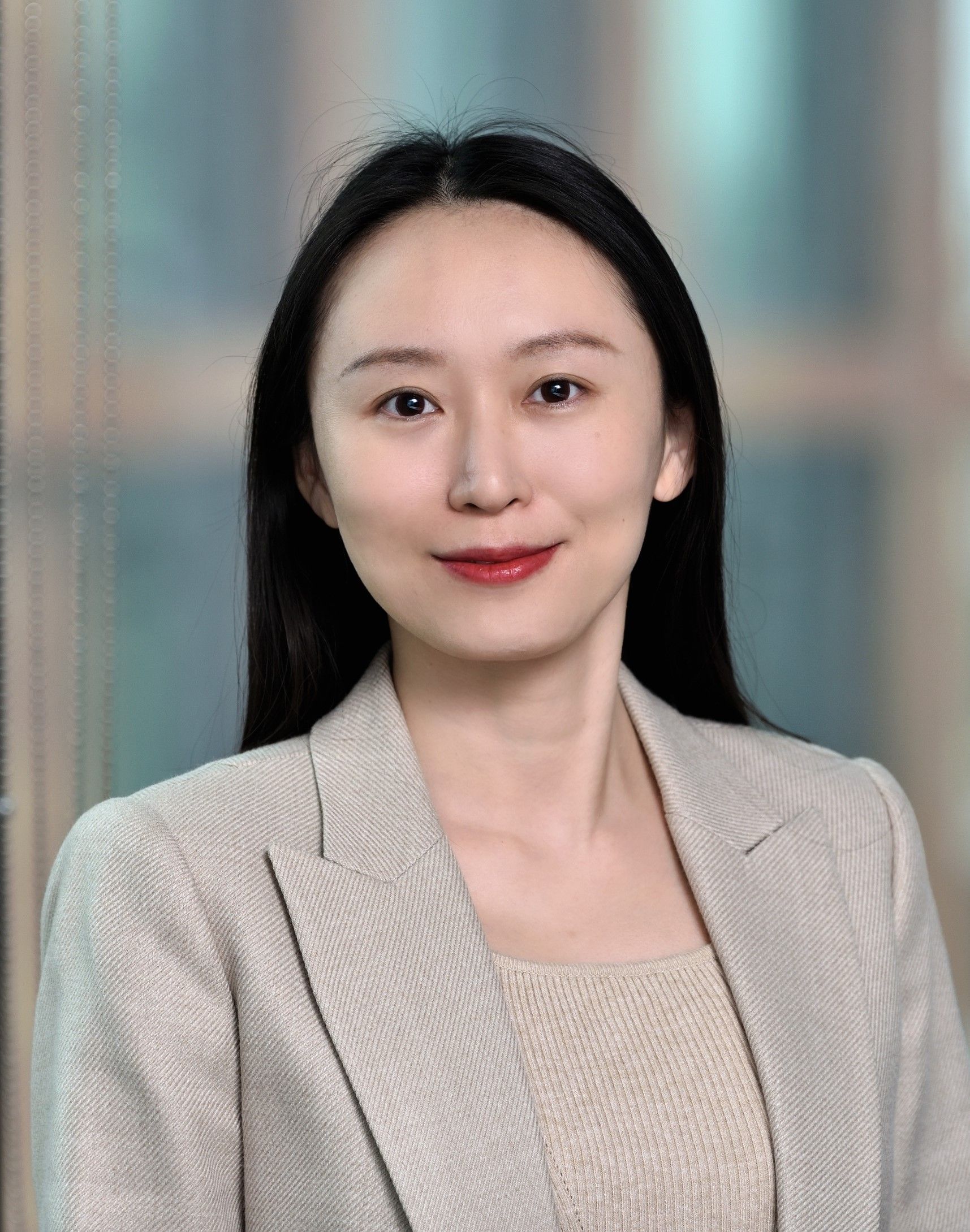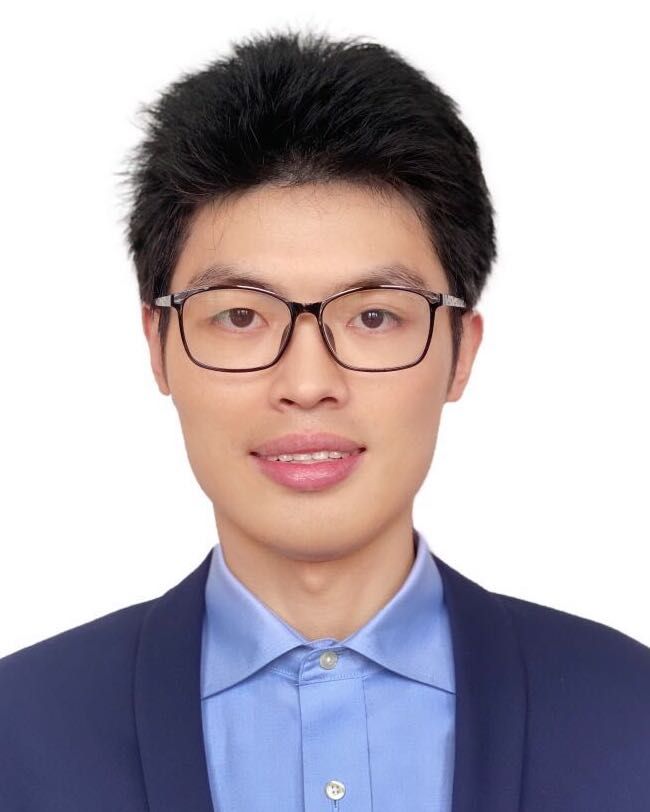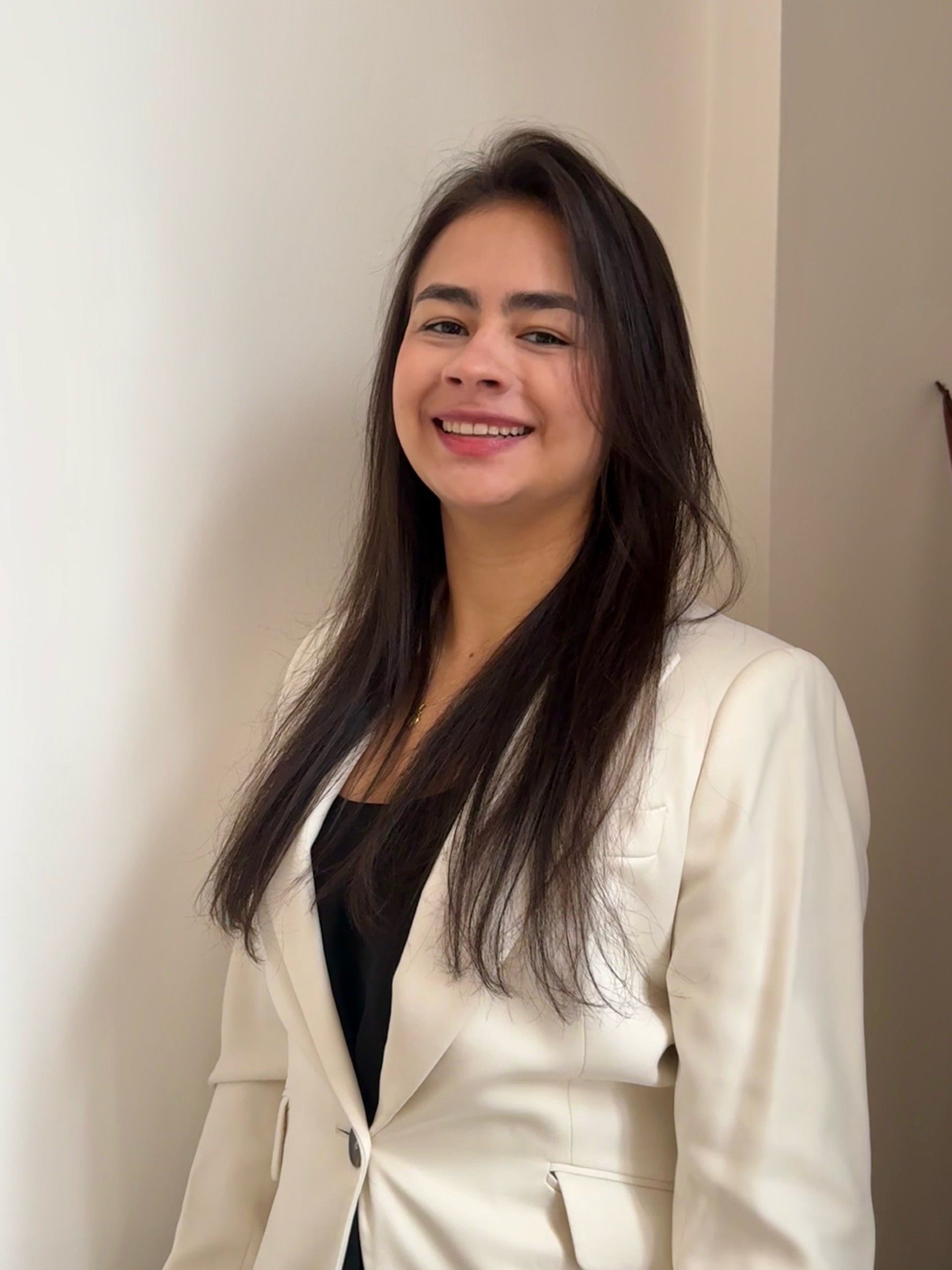News
RAICo1 provides ideal setting for vital research to advance use of robotics and AI in nuclear industry
11 October 2024

Three academics have started their research at RAICo1 in Whitehaven, Cumbria, after being awarded RAICo Fellowships, which are an opportunity for PhD students and early career researchers to develop their research and careers in nuclear robotics.
The Fellows receive up to £20,000 in funding and the Junior Fellows receive up to £5,000. Both Fellows and Juniors Fellows also receive a bespoke package of mentoring, coaching and business support.
RAICo1 – RAICo’s main facility in Whitehaven, Cumbria – is an ideal site for Fellows to align their research with the nuclear industry, offering the ability to test technology in environments which replicate those across the nuclear estate, in line with RAICo’s purpose to accelerate the deployment of robotics and AI in nuclear decommissioning and fusion engineering.
Dr Jenn Jones, Nuclear Robotics Programme Manager at the University of Manchester, who leads RAICo’s Academia theme, said: “RAICo1 is an excellent location for the Fellows to carry out a wide range of research as it houses facilities suitable for land, air and water-based projects.
“Fellows have a range of research backgrounds and require access to a variety of equipment including manipulator arms, ground-based ROVs and quadrupeds. They also require access to different demonstration spaces depending on the nature of their experiments, including a water tank, fly cage and mobile arena.
“The Fellows also have the opportunity to work alongside researchers from other academic institutions and from industry, providing opportunities for shared learning, collaboration and growing the academic community based at RAICo1.”

Being off-site also provides ease of access and enables testing, learning, and training to take place in a non-hazardous environment before solutions are transferred to an industry setting.
RAICo’s Academia theme focuses on four areas of robotics and AI:
- Remote inspection
- Remote handling
- Human-robot interaction
- Verification, Safety Case Identification and Standardisation
Dr Yanpei Huang, who gained her Ph.D. from Nanyang Technological University, Singapore and is a lecturer at the University of Sussex, specialises in developing Aesthetic skin robotic mechanisms which augment human capability to operate robotic systems.
During her RAICo Fellowship, Dr Huang is researching robotic human augmentation with an emphasis on developing intuitive human-machine interfaces and dexterous robotic end-effectors.
With nuclear decommissioning work often requiring remote handling in confined spaces, such as gloveboxes, the lack of space in which to manoeuvre can restrict the effectiveness of remote solutions.
Dr Huang said: “Teleoperated robotic systems allow operators to remotely perform decommissioning of nuclear fission and fusion facilities at sites including Sellafield, Culham, Dounreay and others, eliminating the risks of direct exposure to hazardous or extreme environments.
“However, current technology lacks the dexterity required for tasks in confined spaces like gloveboxes.
“This project aims to address this challenge by developing teleope pharmacie-du-centre-croix.com rated robotic systems equipped with a dexterous end-effector.

Dr Yanpei Huang, a lecturer at the University of Sussex
Dr Zhongguo Li has begun his RAICo Fellowship which focuses on developing autonomous robots with AI capability to allow them to make ‘decisions’ whilst continously monitoring nuclear decommissioning sites.
Dr Li, a Robotics and AI lecturer in the University of Manchester’s Electrical and Electronic Engineering department, specialises in autonomous search and inspection of airborne hazardous materials, including chemical and radioactive releases, and has published more than 30 papers on flagship journals and conferences.
During his one-year Fellowship he is working with RAICo experts in Whitehaven, and in Manchester, modifying a fully autonomous CARMA 2 ground robot to use an economical processor for onboard planning and adding search functionality.
Dr Li said: “I hope my work as a RAICo Fellow results in safer, quicker and more cost-effective solutions to solve common problems in the nuclear decommissioning industry.
“My area of research relates to airborne chemicals and hazardous materials. There are importan Centre Dentaire Lancy à Genève t benefits to develop technologies which will autonomously survey and report in real time, providing significant advancement for safety and efficiency in the nuclear industry.”

Dr Zhongguo Li, a Robotics and AI lecturer in the University of Manchester’s Electrical and Electronic Engineering Department
RAICo Junior Fellow Diana Carolina Benjumea Hernández’s research focuses on integrating AI-based autonomous systems within the UK nuclear sector, with the aim of enhancing safety and improving operational efficiency.
Diana’s project, “Autonomous System for Use in UK Nuclear Environments,” involves developing a methodology for deploying autonomous robots that not only loveyourselfmarple.co.uk comply with the rigorous safety standards required by UK regulators but also ensure that operational risks are kept as low as reasonably practicable (ALARP). This research has the potential to transform nuclear decommissioning practices, providing safer and more efficient solutions for some of the world’s most challenging environments.
Building relationships with engineers and other researchers is essential to the success of her work. Diana describes the environment at RAICo1 as “incredibly friendly and collaborative.”
Diana said: “In order to progress my research, I need contact with the industry. Before being awarded the Junior Fellowship, I didn’t have the opportunity to connect with those working within the nuclear industry. Research and academia are about the evolution of ideas, and involving industry bridges the gap between concept and practical application.”
Diana’s research builds on a previous study that introduced an intelligent control system for detecting collisions in a robot surveying a nuclear waste storage facility. Her current project will demonstrate the feasibility of an AI-based autonomous robot, tested through a nuclear environment inspection using the AgileX Scout Mini robot.
Diana said: “The connection between hardware and software is incredibly important, and I’m meeting people who can help further my research and provide industry insights and feedback. I want to access real situations rather than working on the hypothetical—what issues are they facing, and how do we find a solution together? It is important to get orientation from outside of research so that we can ensure the problems we are solving are real challenges.”

RAICo Junior Fellow Diana Carolina Benjumea Hernández
Dr Jenn Jones said: “RAICo Fellowships present an exciting opportunity to widen the diversity of our RAI community.
“It was great to see an increase in applications from women and early career researchers as well as those from many different universities in the latest Fellowships programme.”
The RAICo Fellows will share their progress on, and results of, their research during their time working with RAICo.